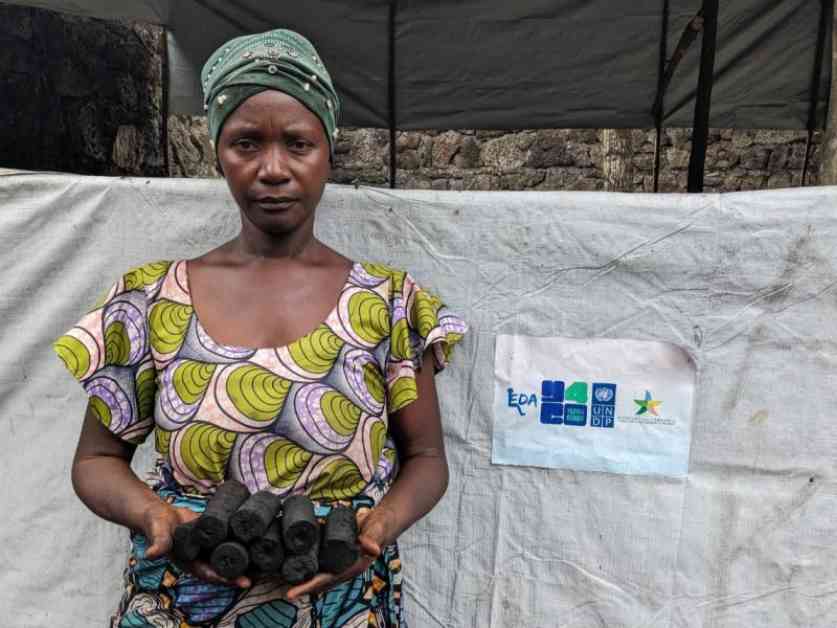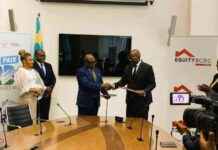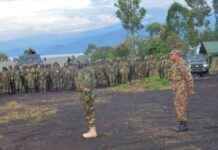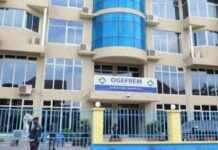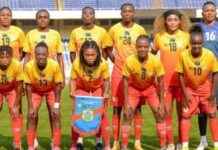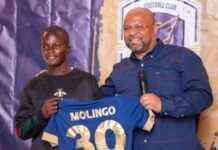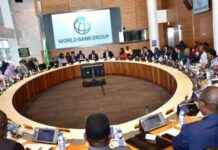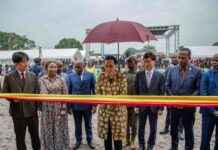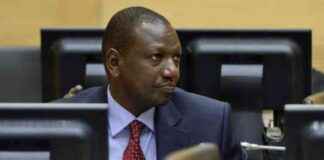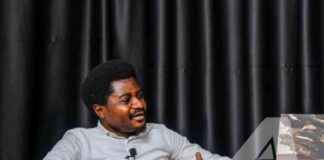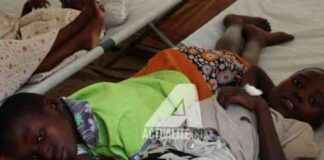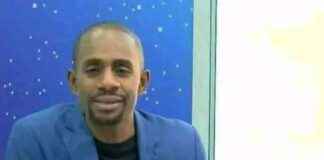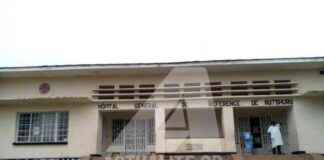Interview with Anna Rafiki Maombi: Entrepreneur Making Eco-Friendly Lighters in Eastern DRC Camp
In a challenging environment marked by persistent conflicts and fragile conditions, local initiatives are emerging to offer solutions that address the immediate needs of vulnerable populations and promote a transition to more sustainable practices. Anna Rafiki Maombi, co-founder of the Association for the Sustainable Development of Disabled Persons and Rural Environments (ADDIPERHA), has chosen to focus on a project manufacturing eco-friendly lighters in the displaced camp of Bulengo, near Goma, in the Eastern Democratic Republic of Congo. In an interview with DeskFemme, she explains the process, the impact of her project on the local community, and the daily challenges she faces.
Anna Rafiki Maombi’s Journey
Before delving into the production of eco-friendly lighters, Anna was involved in various initiatives supporting vulnerable communities, including disabled individuals and indigenous populations. Currently, she collaborates with “Enable the Disable Action” (EDA) as part of the Youth4Climate project funded by the UNDP.
Motivation and Choice of Eco-Friendly Lighters
Anna’s motivation stems from her skills and passion for the environment. Witnessing rampant deforestation in the region, particularly around displaced camps, she saw an opportunity to offer a sustainable alternative. By training women and youth to manufacture lighters from organic waste, she aimed to empower individuals and protect the environment simultaneously.
Challenges and Successes
Initially, the community’s reaction to Anna’s project was mixed, with some viewing it as innovative while others saw it as a threat to traditional practices. Through education and demonstrations, over 70% of the community embraced the initiative, leading to improved cleanliness, reduced pressure on forest resources, and heightened environmental awareness. Training programs for community members have yielded positive results, fostering active participation and income distribution.
As an entrepreneur in a displacement context, Anna faces challenges such as limited access to external markets, financial resources, and industrial materials. Logistics, including transportation and sourcing, pose additional hurdles due to local instability.
Future Plans and Support Needs
To overcome long-term challenges and sustain her business, Anna emphasizes adaptability, capacity building, and strategic partnerships. Financial support to expand production capacity, training for her team, and semi-industrial equipment are crucial needs. Future projects include diversifying product offerings and promoting sustainable agriculture to enhance food security in displaced camps.
Anna’s ultimate ambition is to scale up production to meet demand not only within the camp but also in Goma city. Acquiring industrial machinery and establishing a cooperative society for all eco-friendly briquette producers in the DRC are long-term goals.
Empowering Message
Anna’s message to aspiring female entrepreneurs, especially in challenging contexts like displaced camps, is clear: with vision and hard work, success is achievable. Entrepreneurship is a path to empowerment, even in vulnerable settings. She encourages women and girls not to fear entrepreneurship, emphasizing that every small step matters.
In conclusion, Anna Rafiki Maombi’s dedication to sustainable entrepreneurship in the face of adversity serves as a beacon of hope and inspiration for all striving to make a positive impact in their communities.
